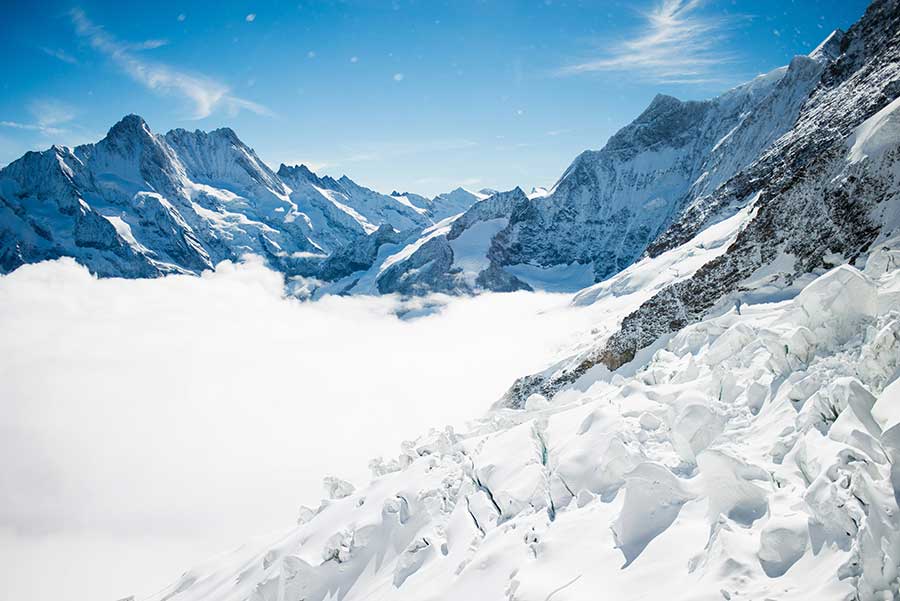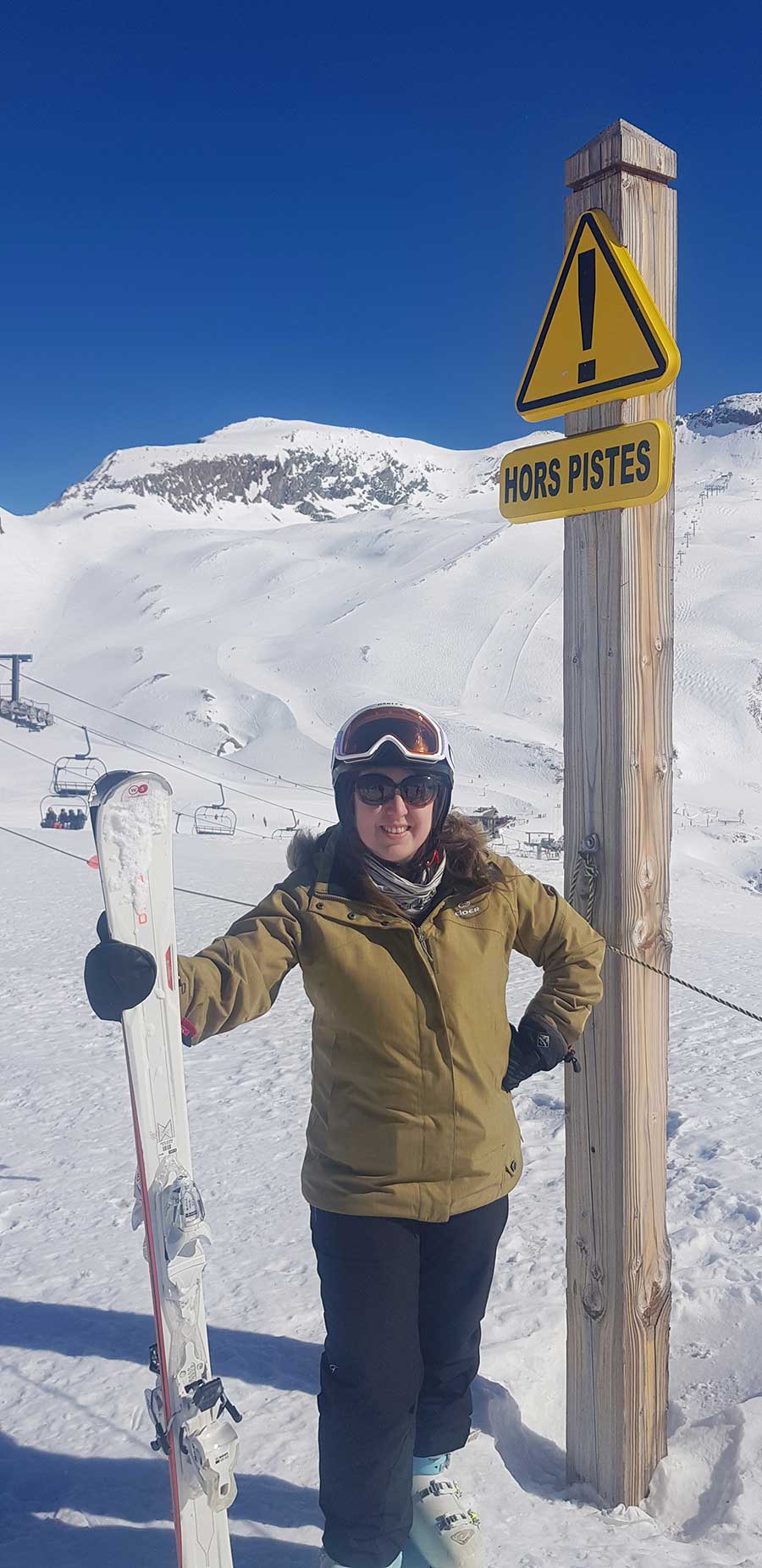THE PULL OF THE MOUNTAINS
I am not a sporty person. I don’t run, I don’t play tennis, I don’t like anything physically competitive (scrabble on the other hand…)
I do enjoy walking and swimming, and cycling in a strictly A-B sense, but anything that ends up with you hot, sweaty, and at risk of physical injury is a hard no in my book. With one, inexplicable exception: skiing.
I love skiing. It’s one of the few things I have in common with the two main characters in One by One. When I wrote In a Dark, Dark Wood I made the narrator, Nora, a runner, and people still write to me to say they can tell I must be a runner myself, because the long passages about Nora’s addiction to the sport, and the descriptions of the physical release of a long run, could only have been written by someone with a love of pounding the pavements.
The truth is completely the opposite. I hate running. I have always hated running. I avoid running for the bus if I possibly can. I just have a good imagination and am good at listening when friends tell me about their pass-times.

However in One by One, the descriptions of skiing and Liz and Erin’s shared love of carving clean lines in fresh snow – that’s all mine.
The other thing that Liz makes clear in One by One is that skiing isn’t just a physical sport, you have to concentrate too. It’s a little like driving in that respect. Of course there are times when you can just switch off and coast, but if you’re skiing in difficult conditions, or on a taxing slope, you really have to concentrate on your technique. Your mind can’t wander the way it does when you’re out walking, and when you’re going fast, a split second decision can mean the difference between negotiating a tricky turn or wiping out.
There is of course a lot not to like about skiing. It’s incredibly expensive, and very elitist. In peak season, the slopes are frequently full of over-confident idiots skiing at speeds far above their ability, with little regard for learners and more cautious folk. Lift lines bring out everyone’s national prejudices, as some skiers queue with rigid propriety and others slide under barriers and skip lines to the fury of those obeying the rules. And while “wiping out” mostly just means a face full of snow and a bruised behind, it can be much more serious. I don’t think I’ve ever been on a skiing holiday when I haven’t passed at least one or two little groups of skiers huddled around a prone form, waiting for the blood wagon to arrive.

But in spite of all that I think it’s true that if you have been bitten by the mountains, it’s very hard to stay away completely. I’ve had years, many years sometimes, when I haven’t skied. Years when I couldn’t afford it, or couldn’t take the holiday, or when the logistics just didn’t work out. But sooner or later, in the end, I feel the pull of the mountains. I start to remember the burning chill of cold air on hot cheeks, the satisfying spray of fresh snow from a sharp ski edge, the “clunk” of a boot clicking into a binding.
And I know I’ll always go back.